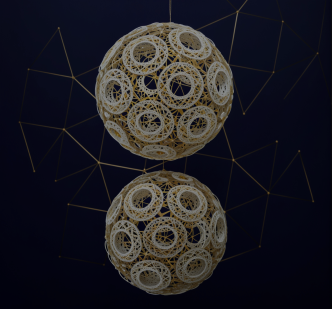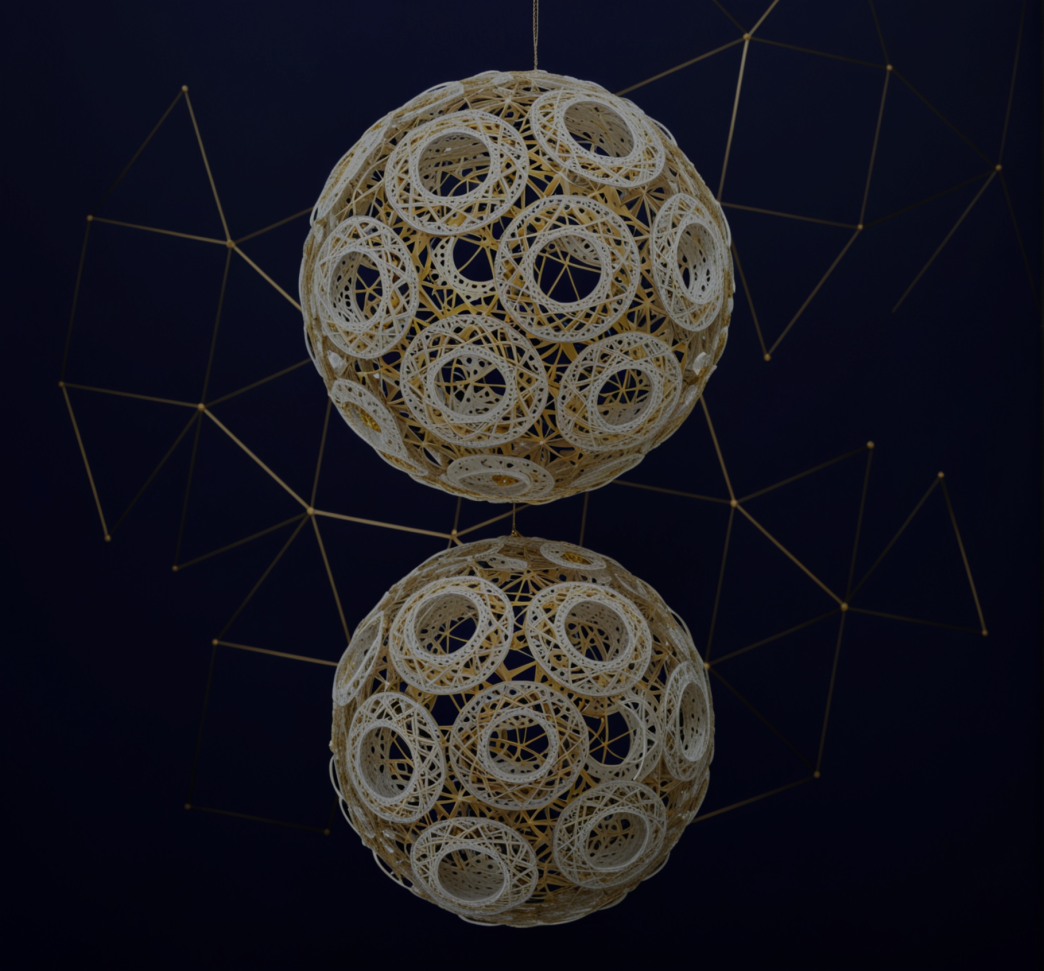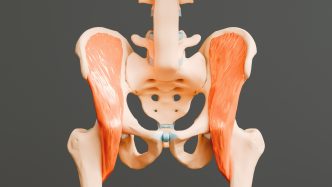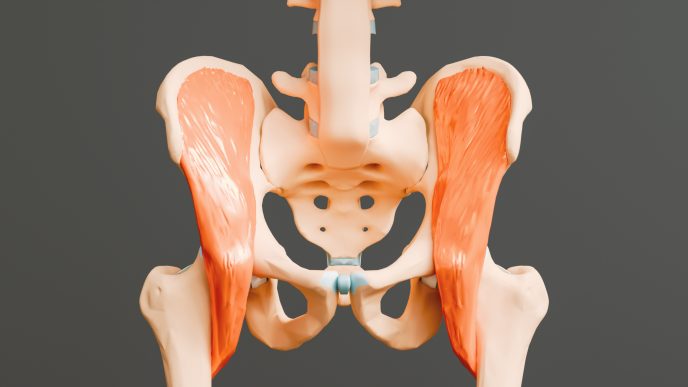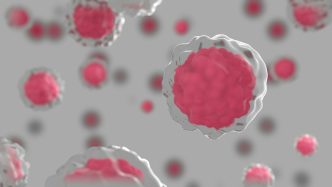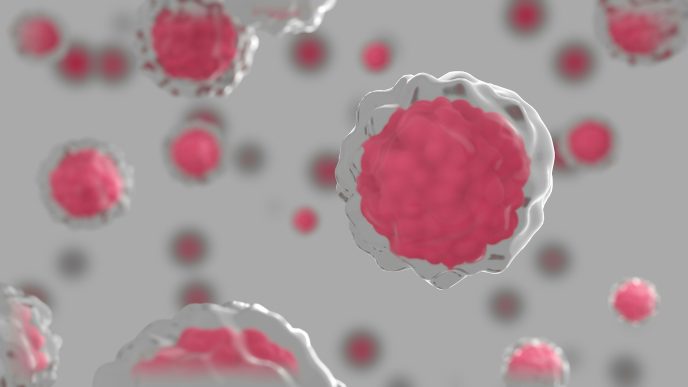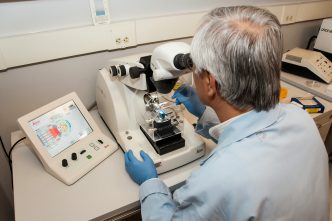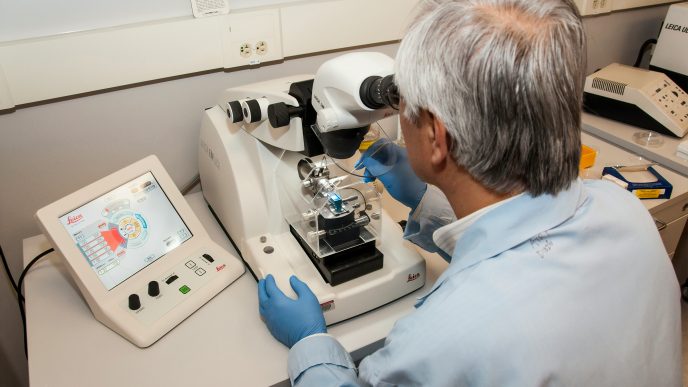A groundbreaking collaboration between Durham University’s Centre for Programmable Matter (UK) and the Malopolska Centre of Biotechnology at Jagiellonian University (Poland) has resulted in the creation of a novel artificial protein cage. This advanced innovation is based on TRAP protein rings featuring metal-binding sites that enable self-assembly into highly organized, robust nano-scale structures when exposed to cobalt or zinc ions.
These hollow cages, designed to carry therapeutic molecules, hold immense potential for targeted drug delivery. By leveraging their adaptability, researchers aim to revolutionize medical treatments, offering controlled and precise delivery of medications. This advancement not only showcases the power of interdisciplinary research but also sets the stage for future breakthroughs in nanomedicine and programmable biomaterials.
The project highlights how international scientific collaboration can push the boundaries of innovation, paving the way for transformative solutions to modern healthcare challenges.
Most importantly, although highly stable, the cages can be triggered to open up and free their cargoes in certain disease-specific conditions. These include changes in pH, such as those associated with some cancers.
Professor Jonathan Heddle of Durham University comments “To have a highly stable nano-sized transport container that only opens up to release a toxic cargo when it reaches a diseased cell is a big challenge, and we think this work takes us a little closer to that goal”.
The researchers envision that these protein cages will serve as a versatile platform for advanced biomedical applications.
